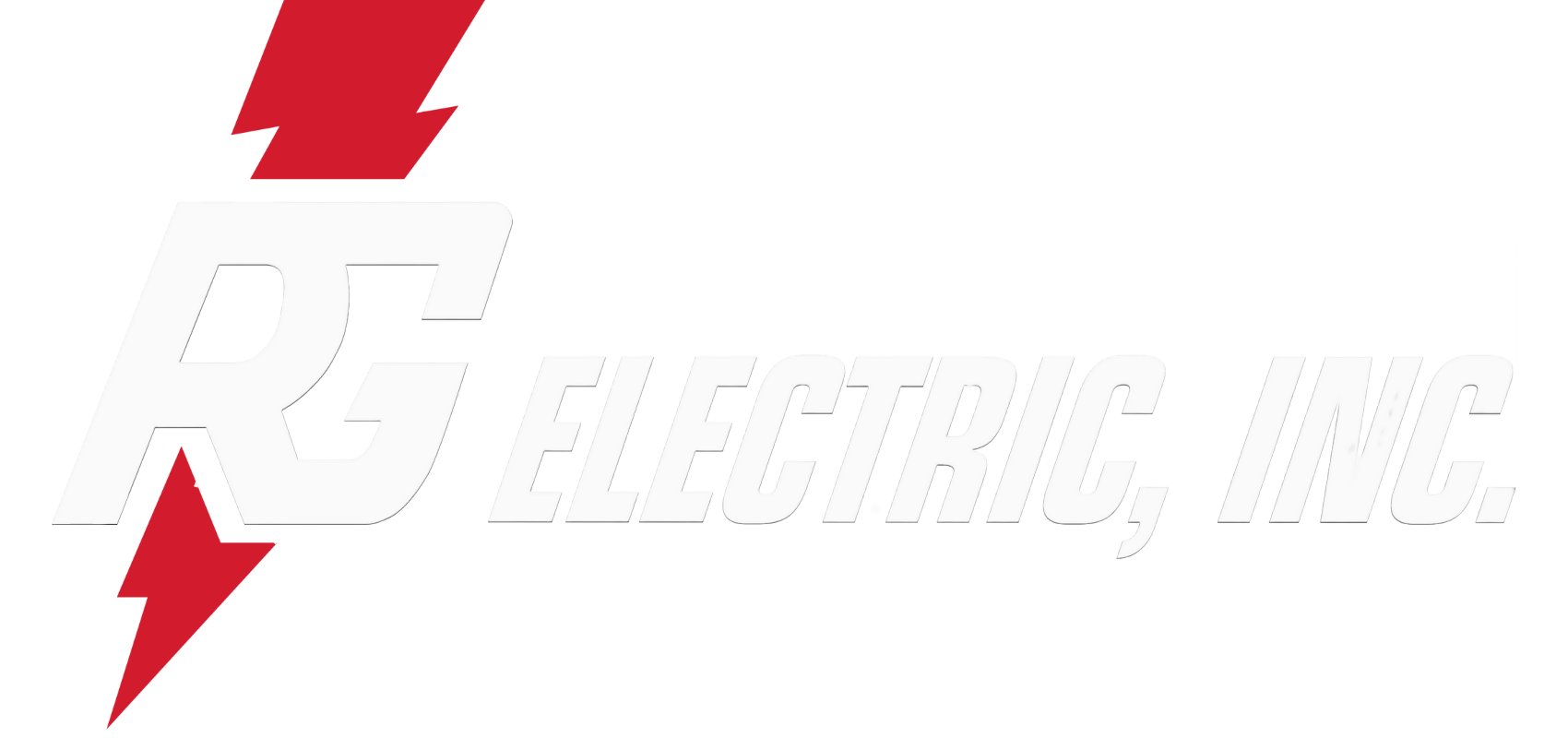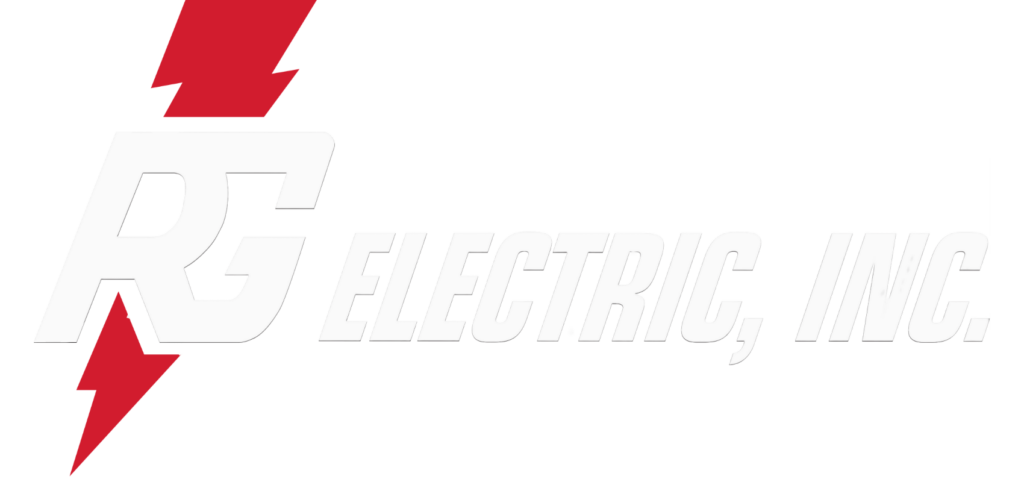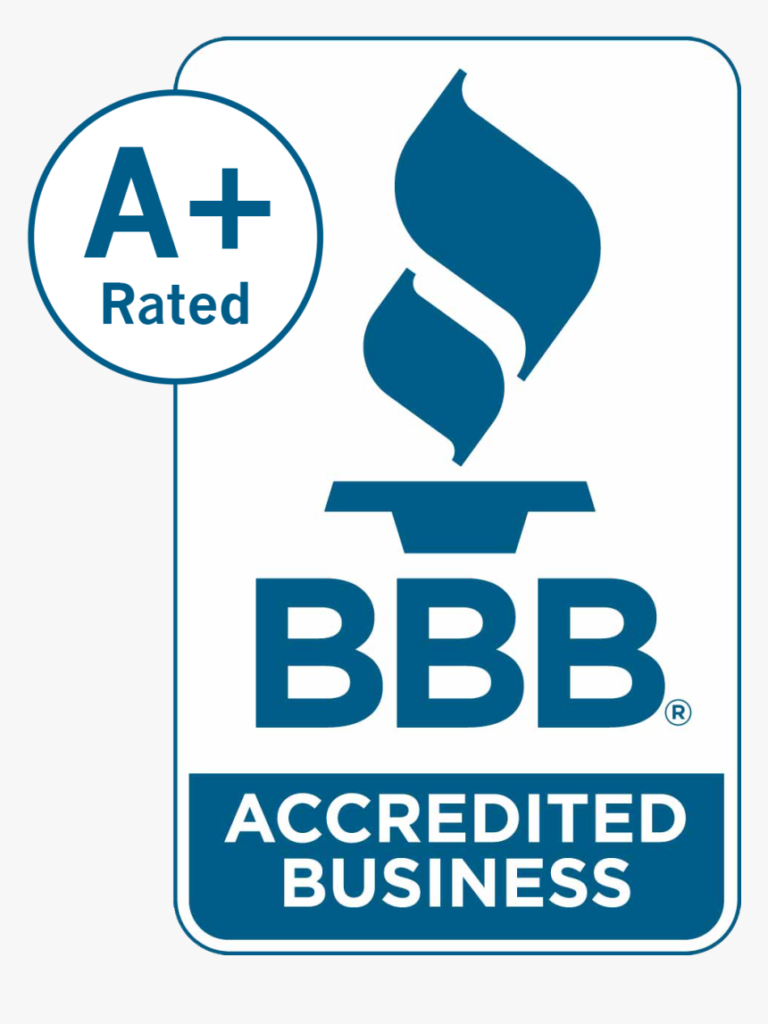Navigating the Solar Maze: Local Regulations and Zoning Unwrapped
Diving into the solar energy pool is an exhilarating leap towards sustainability and energy independence. But before you cannonball in, there’s a bit of bureaucratic backstroke you need to master first. Yes, we’re talking about the often overlooked yet crucial aspect of going solar: local regulations and zoning laws. Let’s embark on a journey through the regulatory landscape, ensuring your solar installation doesn’t hit any unexpected roadblocks.
The Lay of the Land: Understanding Zoning Laws and Regulations
Just like every great adventure has its map, the path to installing solar panels is guided by a set of rules and regulations unique to each locality. Here’s what you need to keep an eye on:
1. Zoning Laws: Your Solar Compass
- What Are They? Zoning laws are the local rules that dictate what can and cannot be built on a property. They’re like the dress code for your home’s exterior, ensuring everything looks “just right” in your neighborhood.
- Solar Considerations: Some areas might have restrictions on where panels can be placed on your property or how they can be mounted, especially in historic districts or homeowners’ association (HOA) governed communities.
2. Building Permits: The Green Light for Your Solar Project
- Permitting Process: Before you start soaking up the sun, you’ll likely need to obtain a building permit. This is your local government’s way of saying, “Yes, you may proceed with your solar installation.”
- Why It Matters: Permits ensure that your solar system meets all safety and building code requirements. Think of it as a seal of approval that your project is good to go.
3. Electrical Codes: Keeping the Sparks in Check
- Safety First: Electrical codes are all about ensuring your solar power system is installed in a way that won’t start a surprise fireworks show in your backyard. They cover everything from wiring standards to the proper installation of inverters and panels.
- Inspections: After installation, your system might need to pass an electrical inspection. This is just another step to ensure everything is safe and sound.
4. HOA Rules: Navigating Neighborhood Norms
- HOA and Solar: If you live in a community with an HOA, you might need to get approval before installing your panels. Some HOAs have specific guidelines about the appearance and placement of solar panels.
- Good News: Many states have laws in place that limit HOAs’ ability to ban solar panels outright. However, they can still influence how and where your panels are installed.
Brightening the Path: Tips for a Smooth Solar Installation
- Research Early: Start by checking out your local government’s website or giving them a call to understand the solar permitting process.
- Engage Experts: Since hiring a professional solar installer familiar with the local regulations and permitting process. They can navigate the bureaucratic waters like a seasoned captain.
- Stay Informed: Laws and regulations are ever-evolving. Keeping up-to-date can help you take advantage of new opportunities or changes that benefit solar panel owners.
Let the Sunshine In (Legally)
But, while local regulations and zoning laws might seem like just another hurdle in your solar journey, they play a crucial role in ensuring your project is safe, efficient, and harmonious with your community. With a bit of preparation and the right crew on your side, you’ll be generating your own clean, green energy in no time. So, go ahead, chart your course through the regulatory waters, and set sail towards a brighter, solar-powered future!



